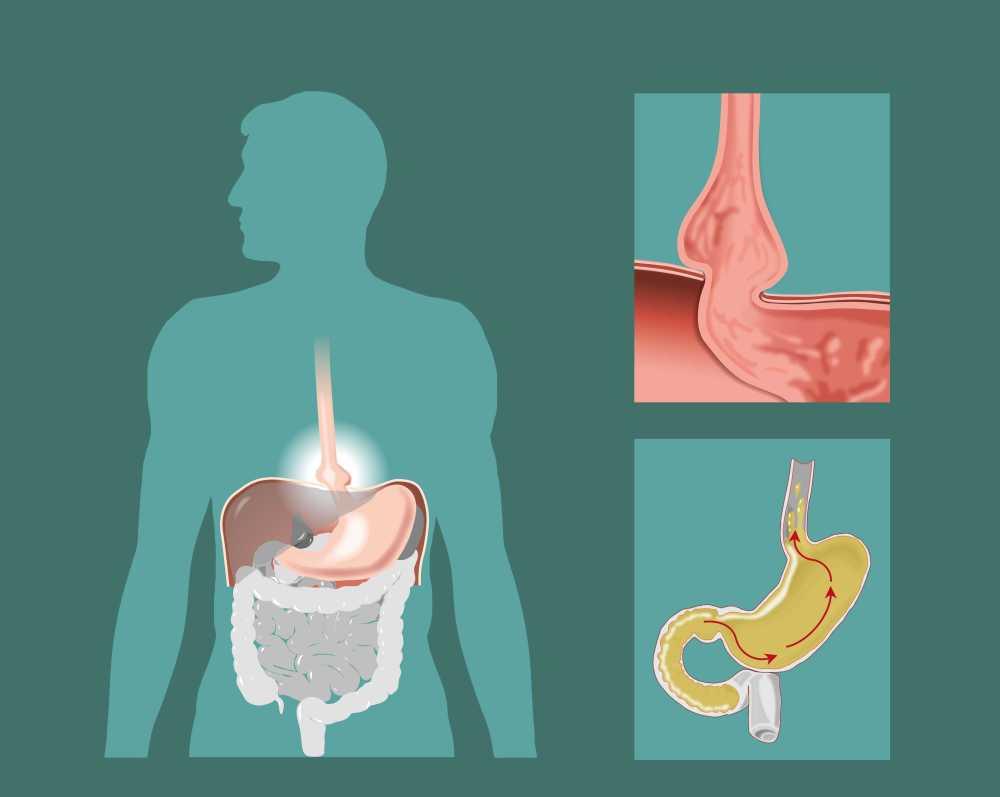All kinds of food and water we consume every day need to be digested and absorbed in the digestive tract, and eventually the food residue that has no use value will become fecal and excreted.
That is to say, only if the gastrointestinal system is healthy, the human body can fully absorb and utilize nutrients.
However, in recent years, with the change of life and eating habits, changes in the social environment and other aspects of the impact, more and more people have begun to be plagued by various digestive diseases, and even gastrointestinal bleeding has appeared.

The so-called gastrointestinal bleeding is not a disease, but a common clinical syndrome, which can be caused by various diseases.
Data surveys from abroad show that patients with upper gastrointestinal bleeding account for about 0.1% of the average annual total number of hospitalizations. Lower gastrointestinal bleeding, on the other hand, accounts for about 0.02% of the total annual hospitalization.
So the question is, what diseases are related to gastrointestinal bleeding?
1. Peptic ulcer: The so-called peptic ulcer refers to the chronic ulcer that appears in the stomach and duodenum, which is one of the most common digestive tract diseases in mainland China, and the most high-incidence type is gastric ulcer.
Peptic ulcers have been shown to be one of the most common causes of gastrointestinal bleeding.
In all clinical patients with gastrointestinal bleeding, patients with bleeding due to peptic ulcers account for about 55 to 74%, and patients may have symptoms such as black tarry stool and fecal occult blood;
2. Severe liver disease: If the patient has serious liver disease, such as cirrhosis entering the decompensated stage, advanced liver cancer, etc., it may be complicated by complications such as portal hypertension, esophagus or diechondria.
If the patient's condition is more serious, eating a large number of hard foods, etc., often leads to esophagus or dinyazeroid rupture and bleeding, the patient will have a large number of hematemesis, black tarry stool and other symptoms in a short period of time, in serious cases, even endanger personal life.
Relevant data surveys show that patients with ruptured esophageal gastric varices account for about 5 to 14% of all patients with gastrointestinal bleeding;
3. Stomach cancer: Early gastric cancer basically has no obvious symptoms, and only a small number of patients have upper gastrointestinal symptoms similar to peptic ulcers, such as nausea and vomiting, bloating and so on.
With the continuous progress of gastric cancer, when the tumor destroys the blood vessels under the gastric mucosa, or after the tumor itself is eroded and necrotic, the patient will have symptoms of gastrointestinal bleeding such as hematemesis and melena.
In mainland china, nearly 30% of stomach cancer patients have discovered stomach cancer after a hematemesis;
4. Intestinal diseases: gastrointestinal bleeding is divided into two parts, lower gastrointestinal bleeding, referring to intestinal bleeding. There are many manifestations of intestinal bleeding, such as positive fecal occult blood, black tarry stool, mixed blood stool and so on.
According to the current clinical data, bowel cancer, Crohn's disease, ulcerative colitis, etc., may cause the appearance of bloody stools.
It should be emphasized here that if you are over 50 years old, have a family history of bowel cancer or polyps, and have a history of chronic intestinal diseases, once there are symptoms of bloody stool, it is likely to be a signal of cancer coming to knock on the door, and it is necessary to seek medical examination in time.
All in all, there are many factors that cause gastrointestinal bleeding, the above is only mentioned in four aspects, in addition to esophageal cancer, pancreatic cancer, mechanical damage, etc., can lead to gastrointestinal bleeding, which can only be seen as a symptom of the arrival of the disease, rather than the key to diagnosing the disease. What patients have to do now is to be vigilant and actively seek medical attention for relevant screening.